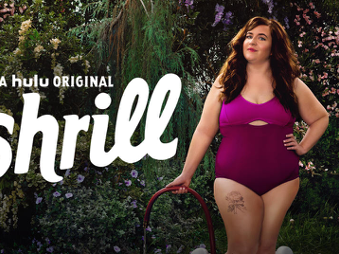Earlier this year, Joe Rogan, one of the most popular figures on YouTube, announced that his podcast would stream exclusively on Spotify. This was a one-of-a-kind deal that would see the music streaming giant pay more for a podcast than they have nearly any other artist. But what exactly makes podcasts so attractive, and what does Spotify’s plan mean for this industry’s future?
If your unfamiliar with podcasts it can be hard to grasp how this new medium went from a niche pastime, to a trend that nearly everyone wants to hop onto. What it comes down to, is what other mediums lack.
It’s become harder and harder for me to do the things I used to enjoy in my spare time. Podcasts however allow me to still maintain some ‘leisure-time’ despite a busy schedule. By the time I get home from work, I might not exactly have time to watch Brooklyn Nine-Nine. However, I can listen to 1 hour of stand-up comedy while commuting home. I can’t exactly flip through a book while cleaning, but I can definitely listen to a complex topic be broken down by Stuff You Should Know. It usually takes me a while to fall asleep, but the eerie non-fiction campfire stories of Lore make it easy to dose off. As life gets inevitably busier, podcasts have allowed us to replace these lost hours in a day with an opportunity to learn or be entertained. The accessibility of starting a podcast also means there is bound to be a podcast for any niche (Welcome to Night Vale is a great example).








